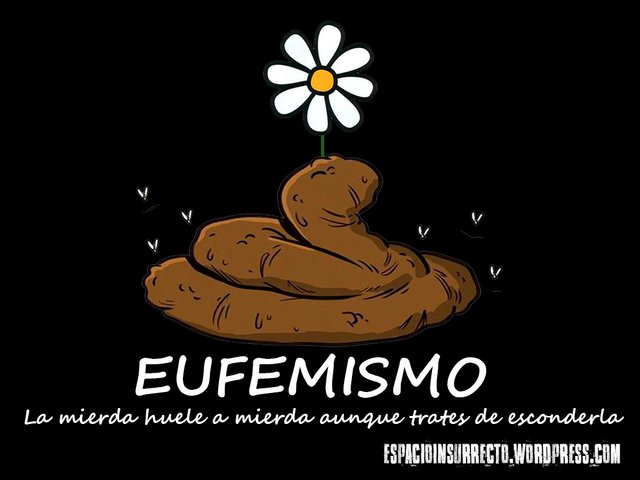THE USE OF DYSPHEMISM IN YOUNGERS EASTERN OF VENEZUELA (Part.III)

Villoria (2007) defined taboos as “words that refer to topics considered unpleasant by a culture and that, therefore, are considered vulgar, vulgar and in bad taste. They usually refer to four fundamental themes: sex; the eschatological (the excrement and certain parts of the body); death and illness; religion and the supernatural. Not all words in the language have the same consideration among speakers. While most of them are used without qualms in any situation, some have a much more restricted use because they are considered not elegant, offensive or inappropriate. Taboo words are less called because speakers tend to avoid them in formal situations”.
According to the website Ultius.com the dysphemism is “a literary device and an adjective which uses the substitution or an offensive, disagreeable, or disparaging expression in the place of an inoffensive or agreeable expression. Dysphemism is the opposite of a euphemism, and is derived from the Greek dys meaning “miss or none” and pheme meaning reputation or speech. Dysphemism is the intentional use of negative expression in writing where a positive expression would usually be used; an insult, essentially. In speech, discourse, or dialogue dysphemisms are used to humiliate or degrade a person or character within the work itself. The first known use of dysphemism was in 1884”.
Also ultius.com website stated that the euphemism “is the substitution of a less offensive or agreeable expression for an expression that may offend or suggest something unpleasant. Euphemisms are polite, indirect expressions. A euphemism is often used in writing or speech to avoid a more harsh or blunt term. Euphemism is derived from the Greek euphēmismos, which means auspicious, sounding good. The literal meaning of euphemisms are sometimes lost in translation, but the more pleasant expression serves to mollify or pacify a readership who may be offended by the literal terms they are emulating. Its first known use was circa 1681”.
Publicado desde mi Blog usando SteemPress : http://andresbloguea.260mb.net/2018/11/01/the-use-of-dysphemism-in-youngers-eastern-of-venezuela-part-iii/
